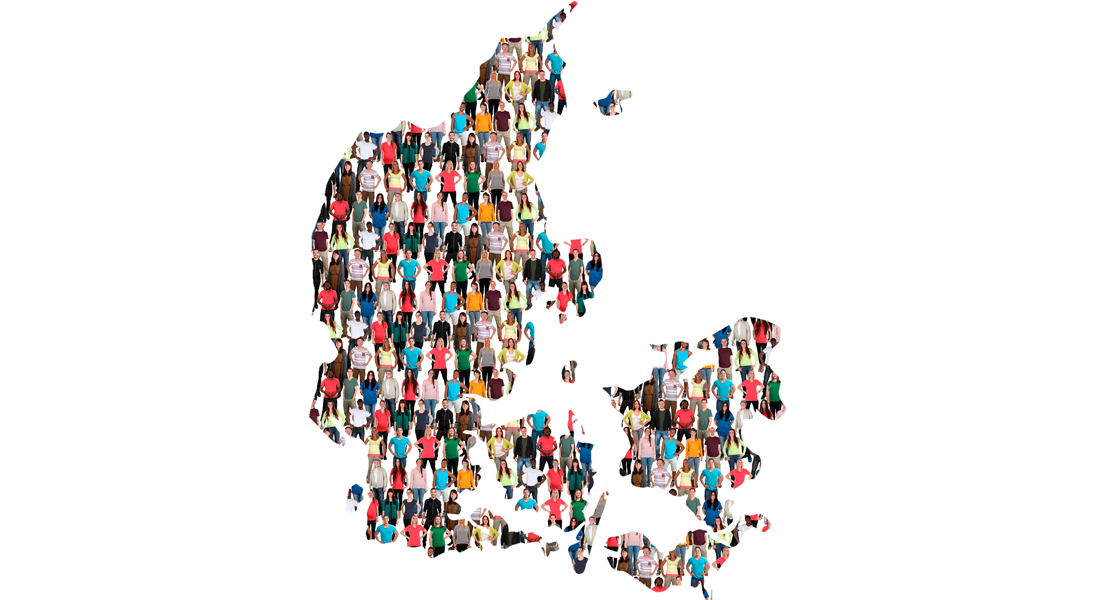The Danish Refugee Cohort (DARECO): Early Integration and Mental Health
DARECO creates a cohort study of individuals, who were displaced due to the war in Ukraine and resettled in Denmark, with two primary objectives. We will provide 1) knowledge for accurate screening for post-traumatic stress disorder (PTSD) and related mental health problems, and 2) insights into how mental health problems are related to the underperformance of refugees in the labor market..

Standard data sources provide little information on refugees before they enter the labor market or the health care system of the host countries. The Russian Invasion of Ukraine in 2022 resulted in an unprecedented large inflow registered in Denmark within a short period, creating a unique opportunity to collect longitudinal data on refugees and answer previously unanswerable questions. The proposed research project focuses on the interplay between mental health and early integration.
- We combine scraped data on war exposures; self-reported data on pre-migration traumatic experiences, post-migration living difficulties, and validated mental health indicators with register data to provide better knowledge of trajectories and predictors of PTSD and related psychiatric disorders. Which ultimately enables better screening tools for PTSD in refugee populations.
- We quantify the role of mental health and post-migration living difficulties including the uncertainty about return migration in shaping socio-economic outcomes of refugees and consider the reciprocal effect of labor market affiliation on mental health.
The European Union currently hosts 8 million individuals displaced from the war in Ukraine. 35,000 are registered in Denmark. This is far beyond any historical, recorded refugee inflow (Figure 1) and most of them (25.000) arrived and were registered in Denmark in the second quarter of 2022. The historical high number arriving in an unprecedented short period of time makes it possible to build a longitudinal dataset with the information needed to develop better screening methods for PTSD and to relate such information to the refugee-native wage and employment gaps that are left unexplained in hitherto available data sources.
The proposed research program builds a refugee cohort study of unique size and quality and merges this longitudinal survey data to Danish registers as well as scraped data on violent conflict in Ukraine.[1]
Together these data provide:
- Temporal and regional variation for various measures of the intensity of the war in Ukraine; that is objective, quantitative measures of war exposure and destruction of peoples’ home regions. We will link that to Ukrainians in our data through the region they reported to have lived in before coming to Denmark and their date of departure from Ukraine.
- Detailed information on pre- and post-migration stressors, post-migration living difficulties, return intentions, and mental health of refugees.
- High frequency data on the mental health and socio-economic outcomes of Ukrainians in Denmark.
[1] War data (ACLED): https://acleddata.com/ukraine-conflict-monitor/#data
Researchers
| Name | Title | Job responsibilities | |
|---|---|---|---|
| Foged, Mette | Associate Professor | Labour economics; household economics; economics of migration and integration; applied microeconometrics |
|
| Zink, Edith | Postdoc | Economics of cultural change, political economy, social and political movements |
|
External members:
| Name | Title | Phone | |
|---|---|---|---|
| Giovani Peri | Professor |

